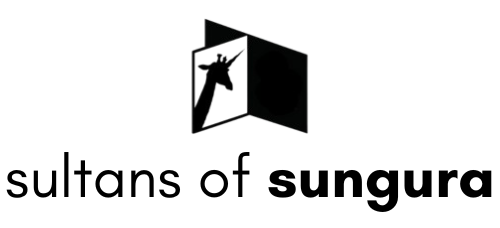| Vigil Car Wash employees at work |
Blessing Mubaiwa was frustrated with the hassle it took to have his car washed. The time it took to drive to a downtown carwash and wait for the job to be done just never seemed to fit into his schedule.
Mubaiwa wanted the car wash to come to his own house for his convenience and to allow him to burn less fuel. When he saw that no one was up to the task, he took matters into his own hands and developed a mobile car wash.
Vigil Mobile Car Wash, Mubaiwa’s answer to the hassle of traditional car washing, is based on a mobile application from which motorists can order a wash and get the job done in their own backyards or office lots.
Car washing as an offline service requires designated space and the mushrooming of illegal car washes by street corners in the CBD has seen many operators playing cat-and-mouse with the Harare City Council.
City fathers complain that effluent from car washes, including oils, grease, heavy metals, brake dust and other contaminants, imperils water bodies and disfigures city infrastructure.
Vigil says it has taken care of the problem with a low pressure dispensary unit that keeps the ground dry throughout the wash, making their service a site-agnostic and environmentally friendly alternative.
Another significant dynamic is that Vigil’s use of nanotechnology, a low-pressure system and micro-fibre technology enables less than two litres of water to wash the whole car, saving several buckets of water – a significant advantage for dry Harare.
Far South caught up with the young technoprenuer, who recently graduated from the University of Zimbabwe, for insight into the new on-demand technology.
“We are a mobile car wash, which means we are the ones who bring our service to motorists, instead of the other way round,” Mubaiwa said. “The concept behind Vigil is a hassle-free, time-saving experience with convenience for the end user in mind,” he said.
The initiative, which will be launched this month, has been trending well on technoprenuers’ pitch events, with electronic giant Hisense to feature it on its mobile devices.
“When the service goes mainstream later this month, motorists will be able to download our Vigil on Demand app to their devices and place their orders from there,” Mubaiwa said.
He explained that the application takes the user through registration of their vehicles, and preferred mobile money vendor (from a range including Zimswitch, Ecocash, Telecash, Visa Card and Mastercard) after which they can fill in requisite details each time they need to order a car wash.
The question of security, precisely how Vigil guarantees that customers do not give the wrong people access to their cars, however, is an immediate point of interest.
“We actually put that into consideration when we were building the app and included a feature which allows customers placing their orders to see the images of the person coming to clean their car,” Mubaiwa said.
“If they are not satisfied, they can reverse the purchase but the essence of that feature is for customers to identify the legit car washer so that they do not give their keys, say for an inside wash, to a carjaker,” he said.
“This may not be enough for some customers so we have another security feature whereby the customer gets a code upon placing an order. The person who comes to clean the car must have the same code to confirm that he is legit. That way the service is foolproof,” he said.
The business is exclusively available for Harare at the moment but Mubaiwa says it is being developed to reach other cities.
“We are not yet in other provinces but we can reach customers anywhere in Harare. All they have to do is to select the time and location that best suits them and they are good to go,” he said.
Vigil trains car washers, mostly those already in the business, to use their equipment and get orders from them.
“When we receive the order, a car washer comes to the customer’s location and washes the vehicle there. The average is 30 minutes, depending on which package that the customer chooses,” he said.
Mubaiwa said the incorporation of nanotech was chiefly informed by the water crisis in Harare and other parts of Zimbabwe.
“Vigil is environment-friendly in that the 38 litres of water which we are saving per wash is drinkable water which families can use. The idea is to align business to local realities,” he said.
Mubaiwa pointed out that Vigil had to go green for their business to be sustainable. “Forecasts say two thirds of the world population will experiences water shortages by the year 2025, with some projecting water wars by 2060,” he said.
“Where you had soap water and a mutton cloth which does not pick dirt from the surface in the traditional set-up, we are importing high end technology to ensure a flawless finish. The use of nanotechnology and micro-fibre scrubbing ensures that the tiniest particles get picked,” he said.
Mubaiwa graduated as an accountant from the University of Zimbabwe. “I do not have a background in computer science but I have always been interested in exploring how things work,” Mubaiwa said.

